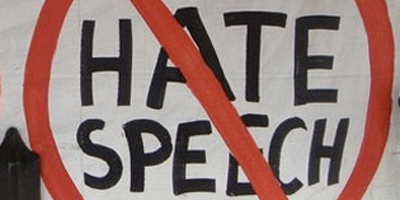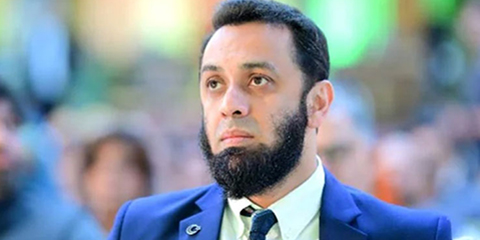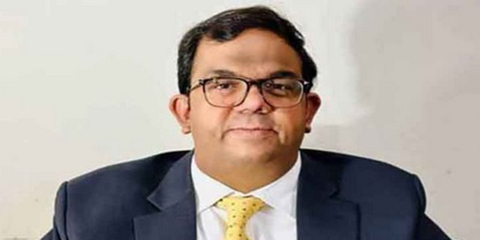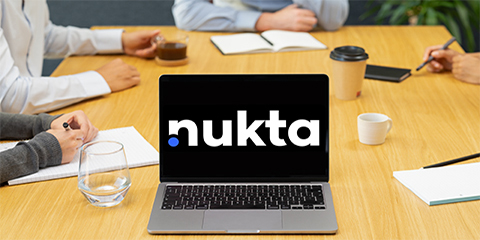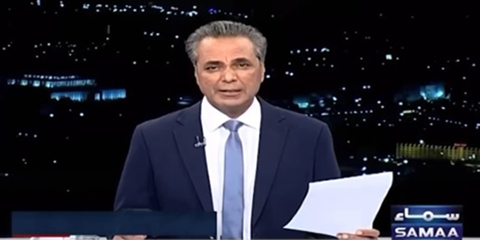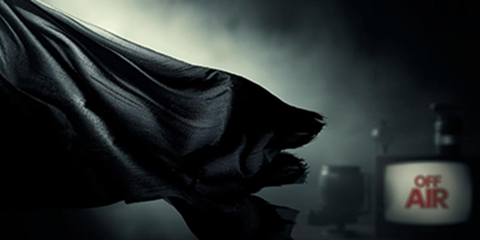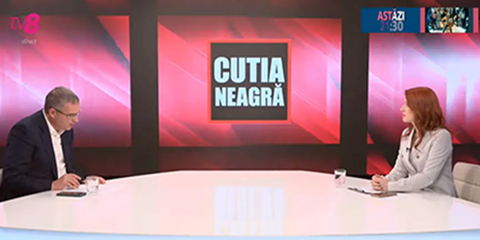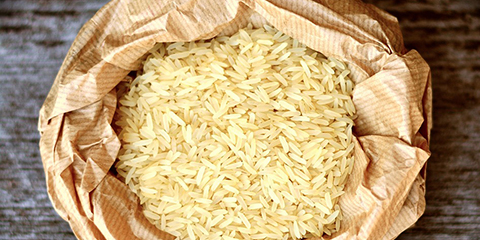Media need to counter hate speech: report
JournalismPakistan.com |
Published 12 years ago
Join our WhatsApp channel
ISLAMABAD: A report by BBC Media Action has called for enabling Pakistani media to “counter hate speech” along with a set of recommendations aimed at supporting media in strengthening a politics of inclusion rather than exclusion in the country.
“A democratising Pakistani media needs to be able to counter ‘hate speech’, divisive and exclusionary online content,” says the policy briefing 'The Media of Pakistan: fostering inclusion in a fragile democracy' by Huma Yusuf, a freelance journalist and media researcher, and Emrys Schoemaker, media consultant and Director at iMedia Associates.
“The international community can assist this process by working with Pakistani regulators, broadcasters, telecommunications companies and civil society organizations to manage online content that enflames societal divisions.”
The briefing paper explores the relationship between Pakistan’s on-going democratic transition and the growing number of privately-owned media outlets, with a particular emphasis on the media’s role in fostering inclusion – bringing more voices to the table and informing more citizens about the issues that shape their lives.
To counter “hate speech”, the report looks towards the government to “develop Internet specific legislation that is in keeping with international standards to ensure that online regulation is not used as a form of censorship without accountability.”
The report is based on primary and desk research conducted between November 2012 and January 2013. In December 2012, 23 interviews were conducted with Pakistani media professionals, analysts, policy-makers and members of the telecommunications industry.
In addition, 32 focus group discussions were conducted in Islamabad, Lahore, Karachi, Quetta and Multan by a local Pakistani research agency on behalf of BBC Media Action.
The report said today Pakistan boasts 89 privately-owned television channels and 115 FM radio stations. Mobile telephone penetration has expanded from 22% of the population in 2005 to almost 70% in 2012.
According to the report, overall the media’s expanded gatekeeping function is its greatest contribution to Pakistan’s democratic transition. “The media offers an increasingly coherent platform for articulating public demand and also has the prospect, over time, of providing greater scrutiny of the country’s devolved political institutions.”
But on the other hand the media also faces public disillusionment due to the media’s perceived ineffectiveness as a driver of change. “While audiences clearly appreciate the media’s ability to articulate their demands, they are increasingly disenchanted with the industry’s inability to pressure the government to take action.”
The report calls upon international actors to “conduct or enable media training and workshops to help build the capacity of regional-language broadcast media – television channels and FM radio stations – across Pakistan.”
This could, according to the report, involve long-term capacity building via institutional support for university departments and journalism training institutions as well as increasing journalistic expertise through short-term training courses.
Similarly, the report says as Internet access grows in Pakistan, its importance as a media and democracy debating platform will grow. “Strengthening the online presence of pro-stability, inclusive and democratic media will help to ensure this new media space plays a constructive role in Pakistan’s future.” Therefore it asks international actors to support the technical digital capacity of Pakistan’s national and regional media.
The report suggests a “donors’ working group on media support in Pakistan, ensuring that this includes both national government, regional and civil society representation.” It also calls for promoting digital literacy across Pakistan. “A key role for international actors could include supporting Pakistani civil society to promote awareness about online security, privacy, data theft and other forms of best online practice.”
More here
Dive Deeper
Why only Nukta, Mr. Minister? Media workers question government's selective support
November 06, 2025:
Information Minister Attaullah Tarar’s job offer to Nukta staff draws criticism as hundreds of journalists across Pakistan face layoffs, salary delays, and job insecurity.
Information Minister Tarar announces jobs for all 37 laid-off Nukta employees
November 06, 2025:
Information Minister Attaullah Tarar announces jobs for 37 laid-off Nukta employees, saying they will be placed at digital platforms within 48 hours amid growing media uncertainty.
Faisal Chaudhry’s viral one-liner on G for Gharidah steals the show
November 05, 2025:
PTI’s Faisal Chaudhry’s witty reply to Gharidah Farooqi on GTV’s “G for Gharidah” goes viral as a clip from their debate over the 27th Amendment sparks reactions online.
A digital dream falters: Nukta cuts 37 jobs in Pakistan after only one year
November 05, 2025:
Digital platform Nukta lays off 37 employees in Pakistan, including journalists and producers, highlighting the financial struggles facing new media ventures in a shrinking job market.
Talat Hussain says offensive viral clip was edited out, not aired on Samaa TV
November 04, 2025:
Talat Hussain denies airing the viral clip showing Sher Afzal Marwat’s vulgar remark, saying it was not part of his Samaa TV show.
PFUJ recalls November 3, 2007 emergency as Pakistan’s darkest day
November 03, 2025:
PFUJ recalls November 3, 2007, as Pakistan’s darkest day under Musharraf, urging protection for journalists and the abolition of laws threatening press freedom.
PFUJ calls for end to Impunity for Crimes Against Journalists
November 02, 2025:
PFUJ urges Pakistan’s federal and provincial governments to end Impunity for Crimes Against Journalists and ensure their safety and press freedom.
Global impunity for journalist murders worsens as Pakistan sees 60 percent rise in attacks
November 02, 2025:
Impunity for crimes against journalists deepens worldwide as Pakistan reports a 60 percent surge in attacks and weak enforcement of safety laws.




